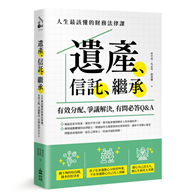Changing students’ attitudes about math and assessing number sense begins with shifting the teacher’s attitude and approach. Learn how the authors dispel the common myth that student apathy in mathematics class is inevitable. Math teachers can use the student numeracy assessment and practice (SNAP) approach to address the five strands of mathematical proficiency, promote thinking, and ignite a sense of wonder in their students.
K-8 teachers can utilize this book to:
- Use the SNAP approach to help students learn number sense
- Address each SNAP skill from kindergarten, primary, and intermediate teachers’ perspectives
- Apply the SNAP method within the response to intervention model
- Learn the five strands of mathematical proficiency aligned with each SNAP skill
- Access templates and other resources
Contents:
Introduction
Chapter 1: Exploring the SNAP
Chapter 2: Looking at Number Sense Foundations
Chapter 3: Understanding the Five Strands of Mathematical Proficiency
Chapter 4: Implementing the SNAP With Beginning Mathematicians
Chapter 5: Understanding How SNAP Supports Response to Intervention
Chapter 6: Rubrics, Assessment, and Competency-Based Learning
Chapter 7: School and District Implementation
Epilogue: Final Word
Appendix: Resources to Support Number Sense
References and Resources
Index












